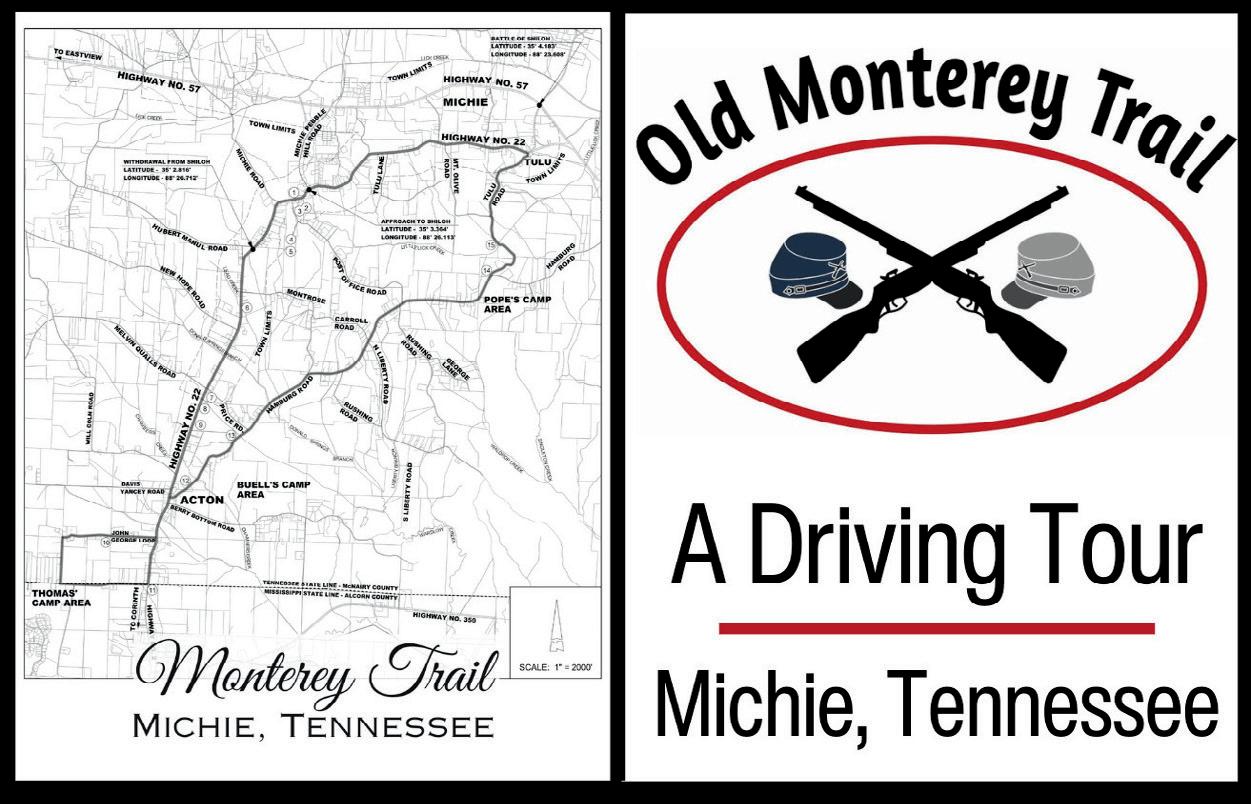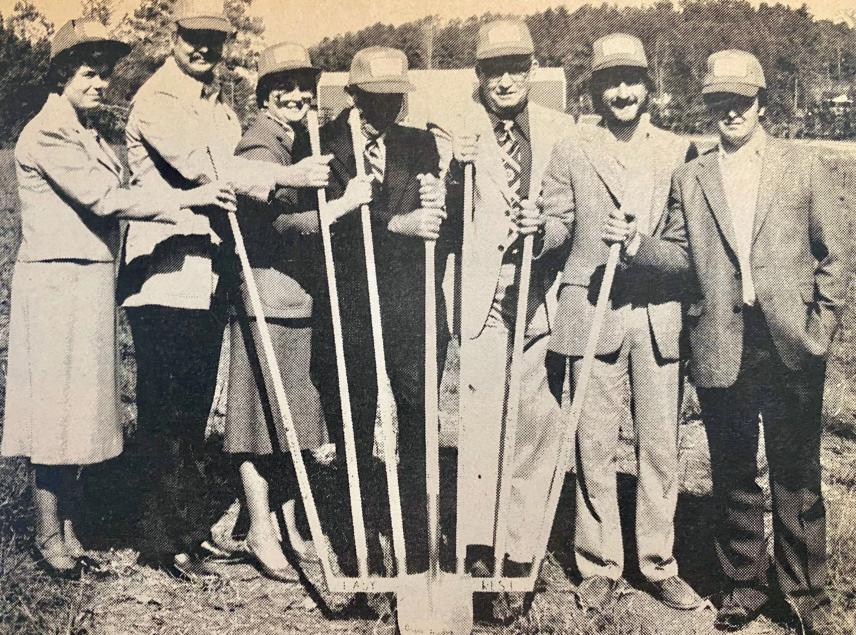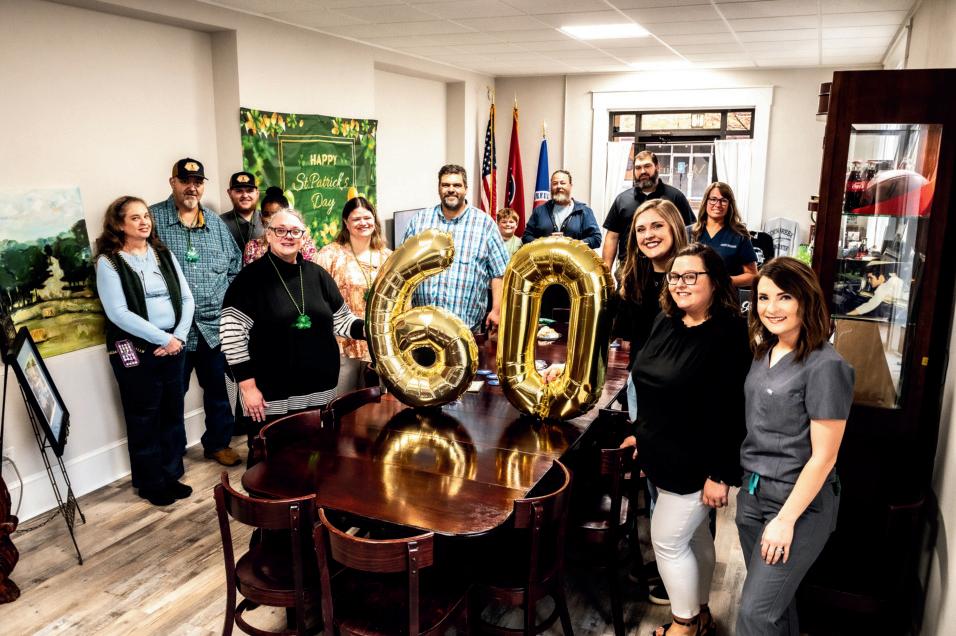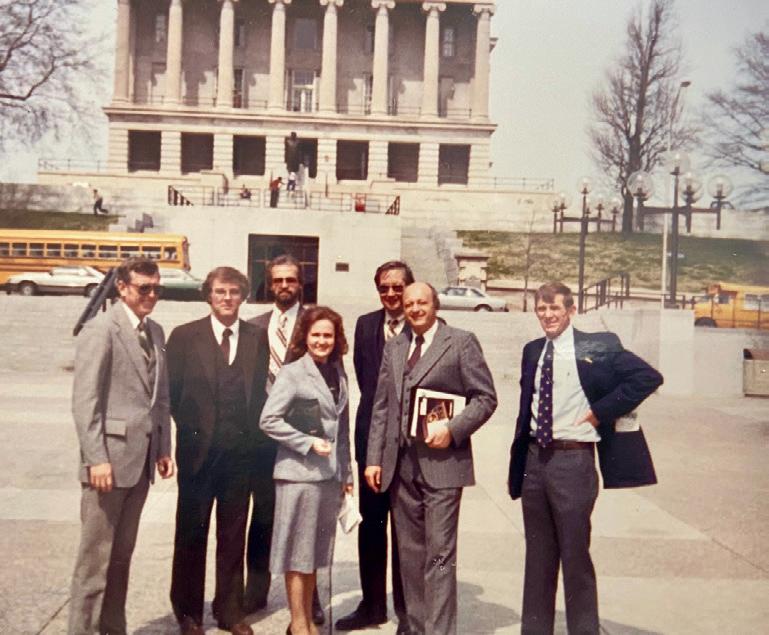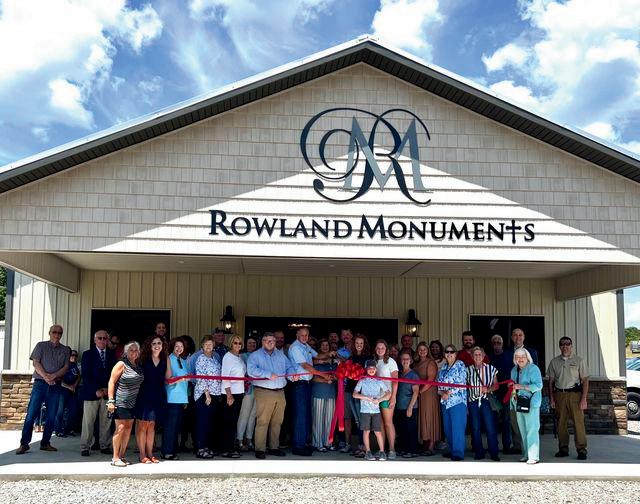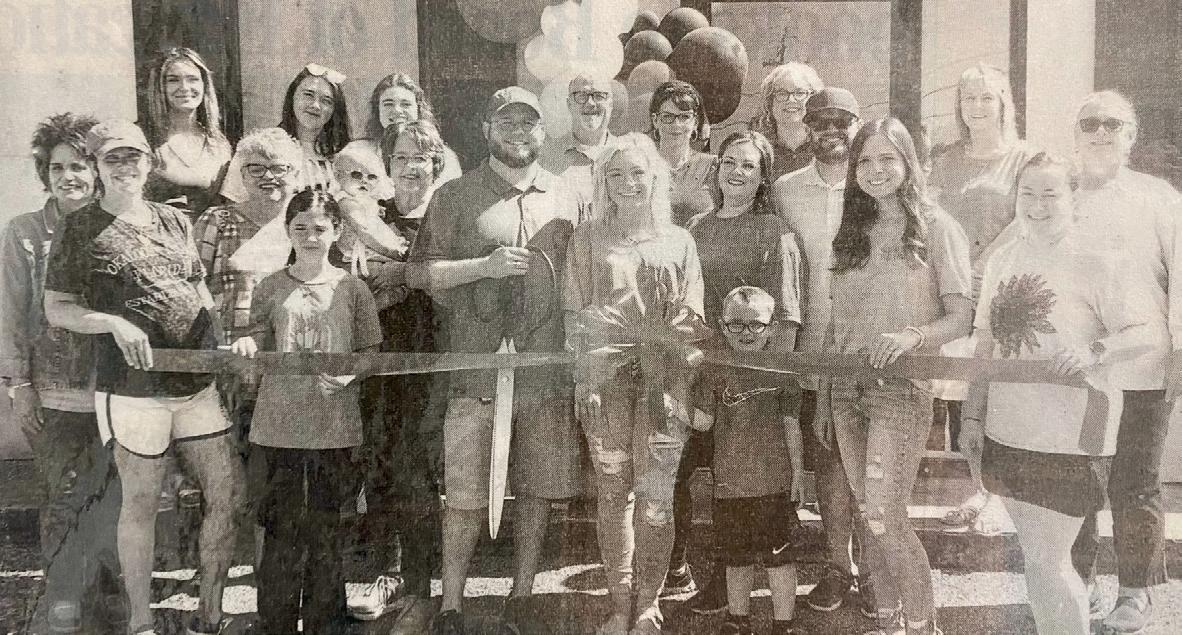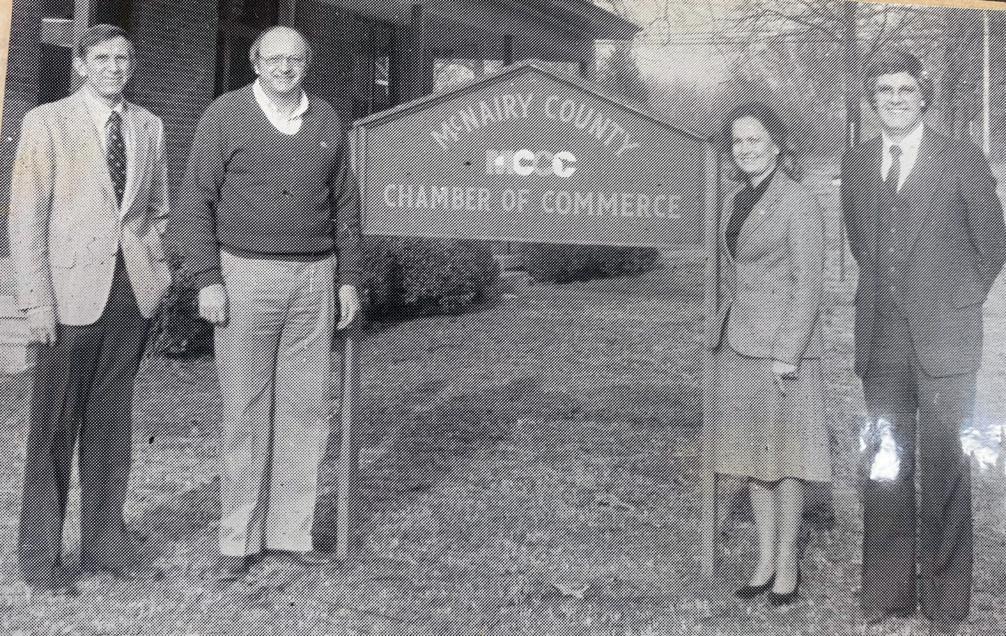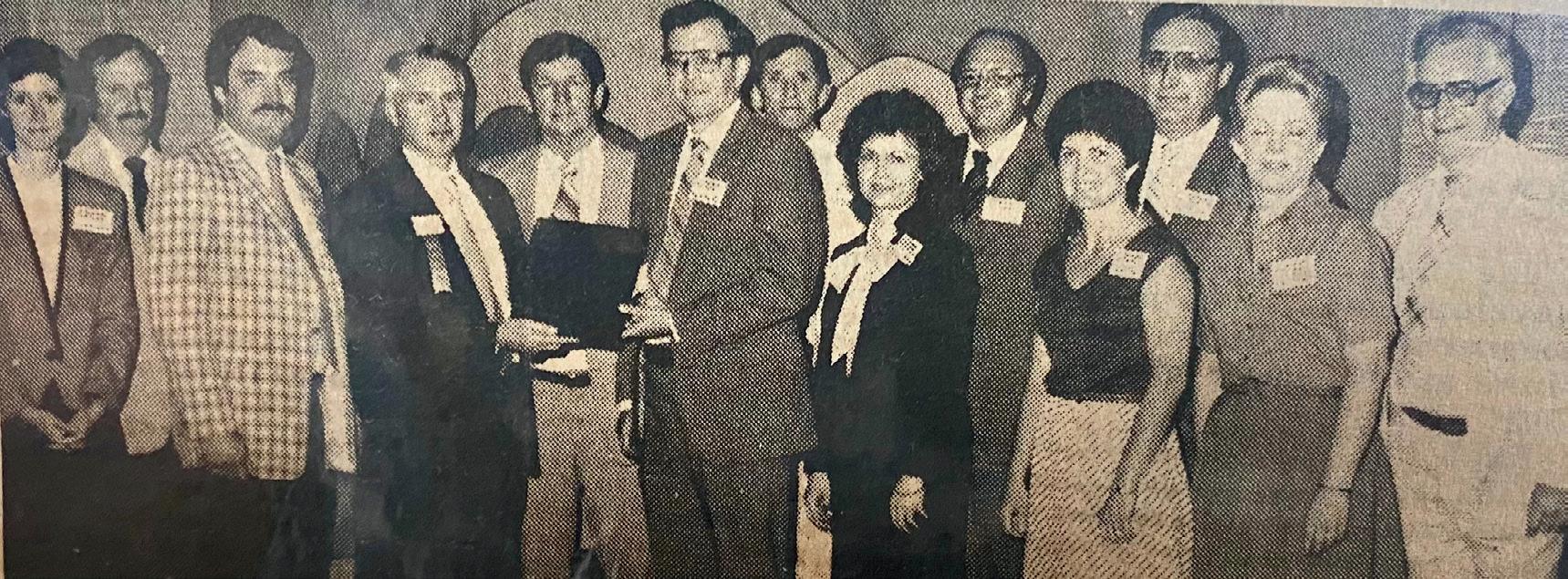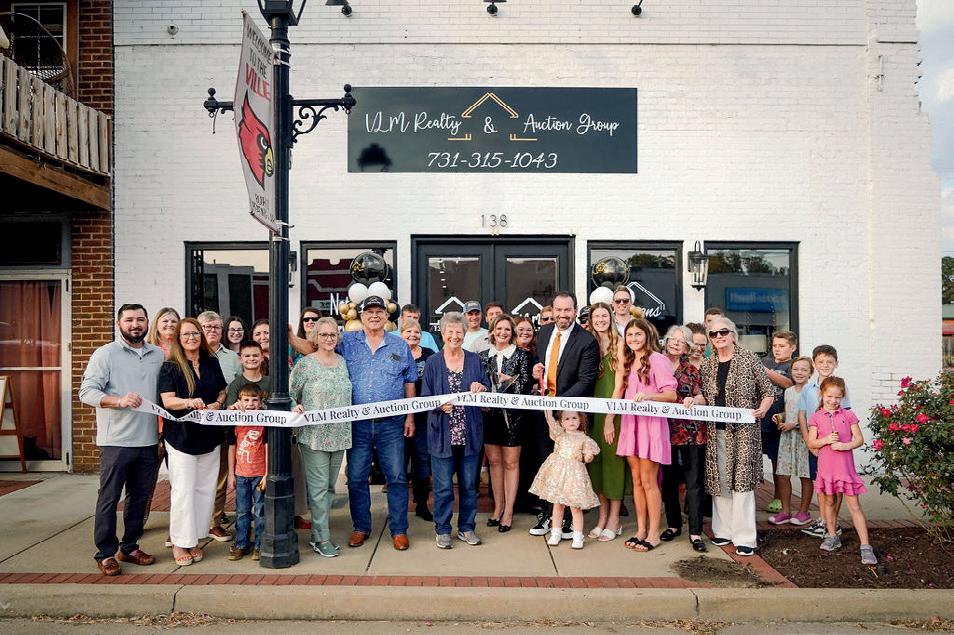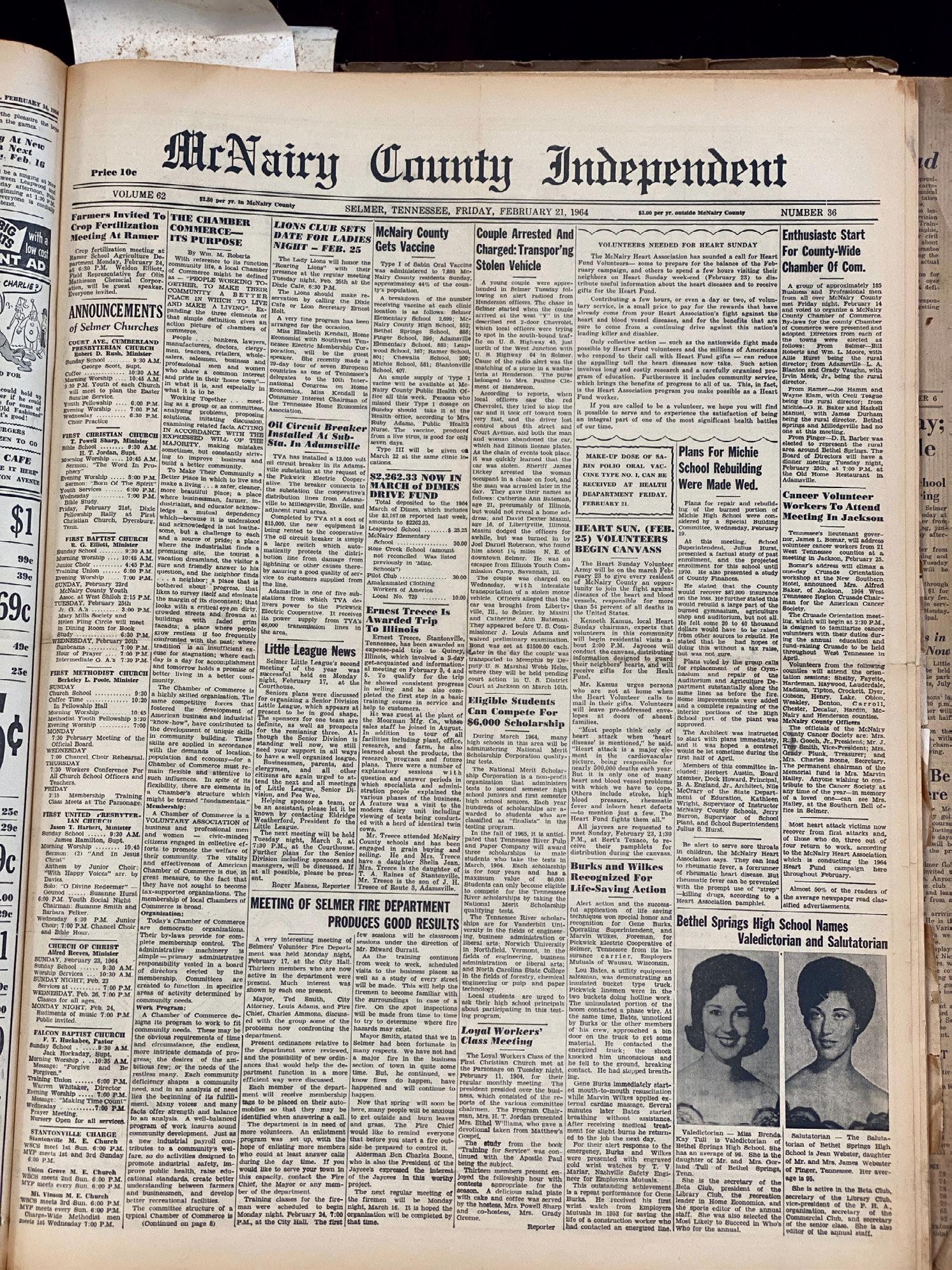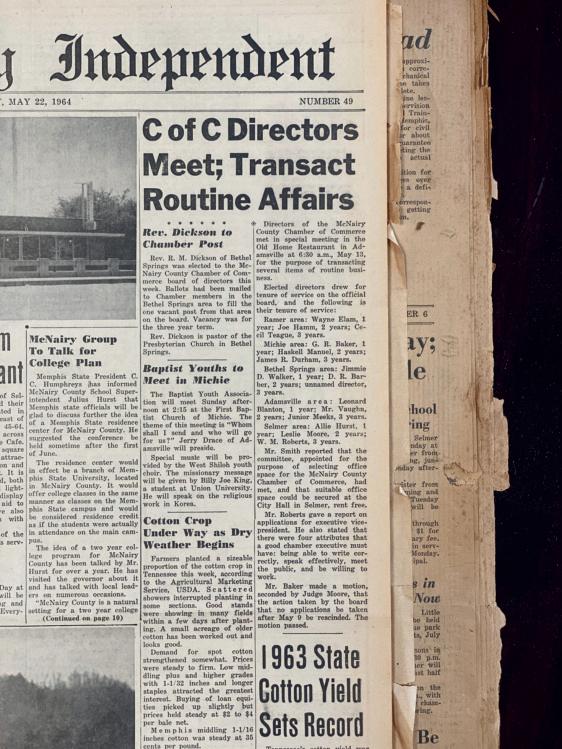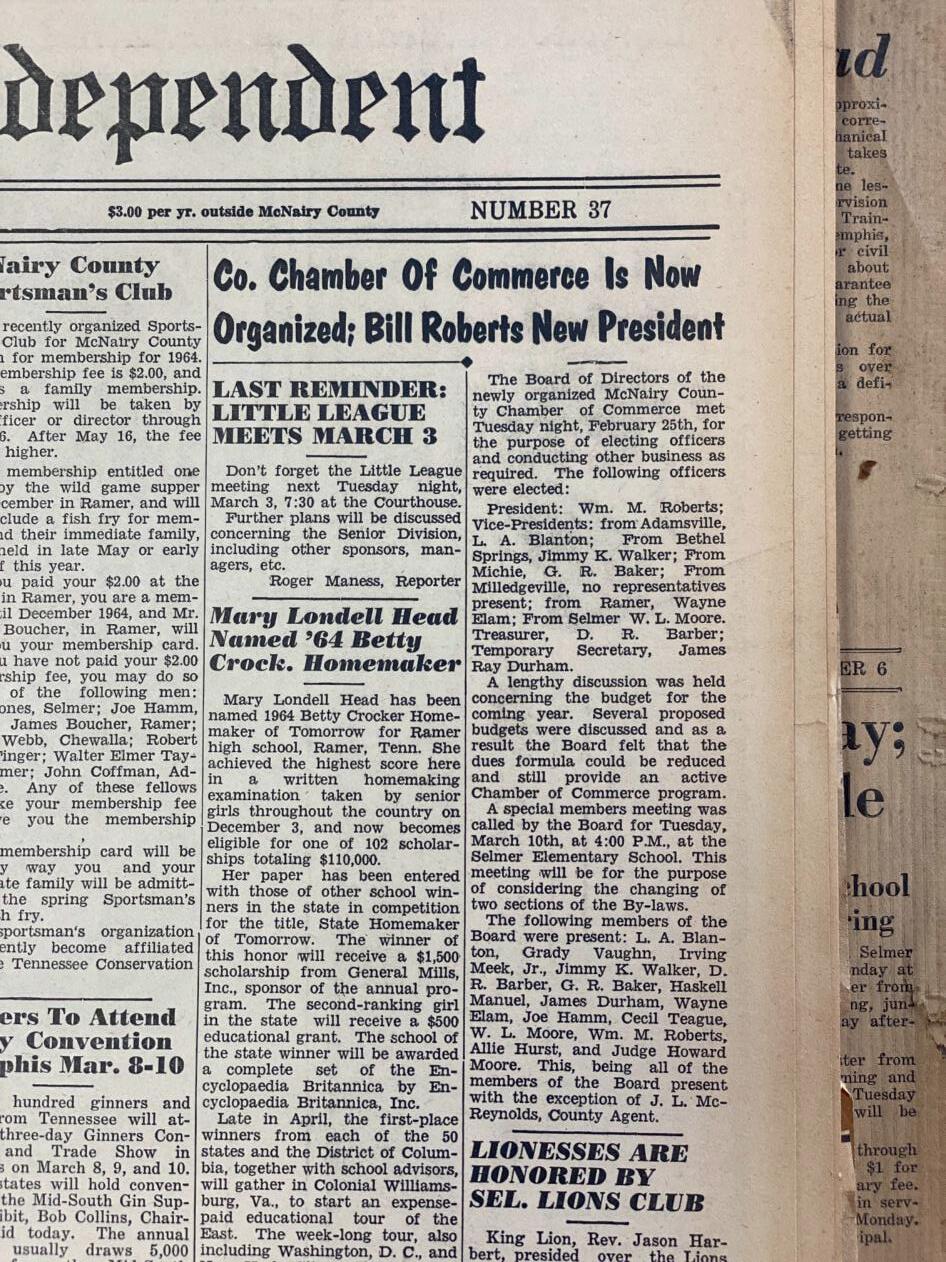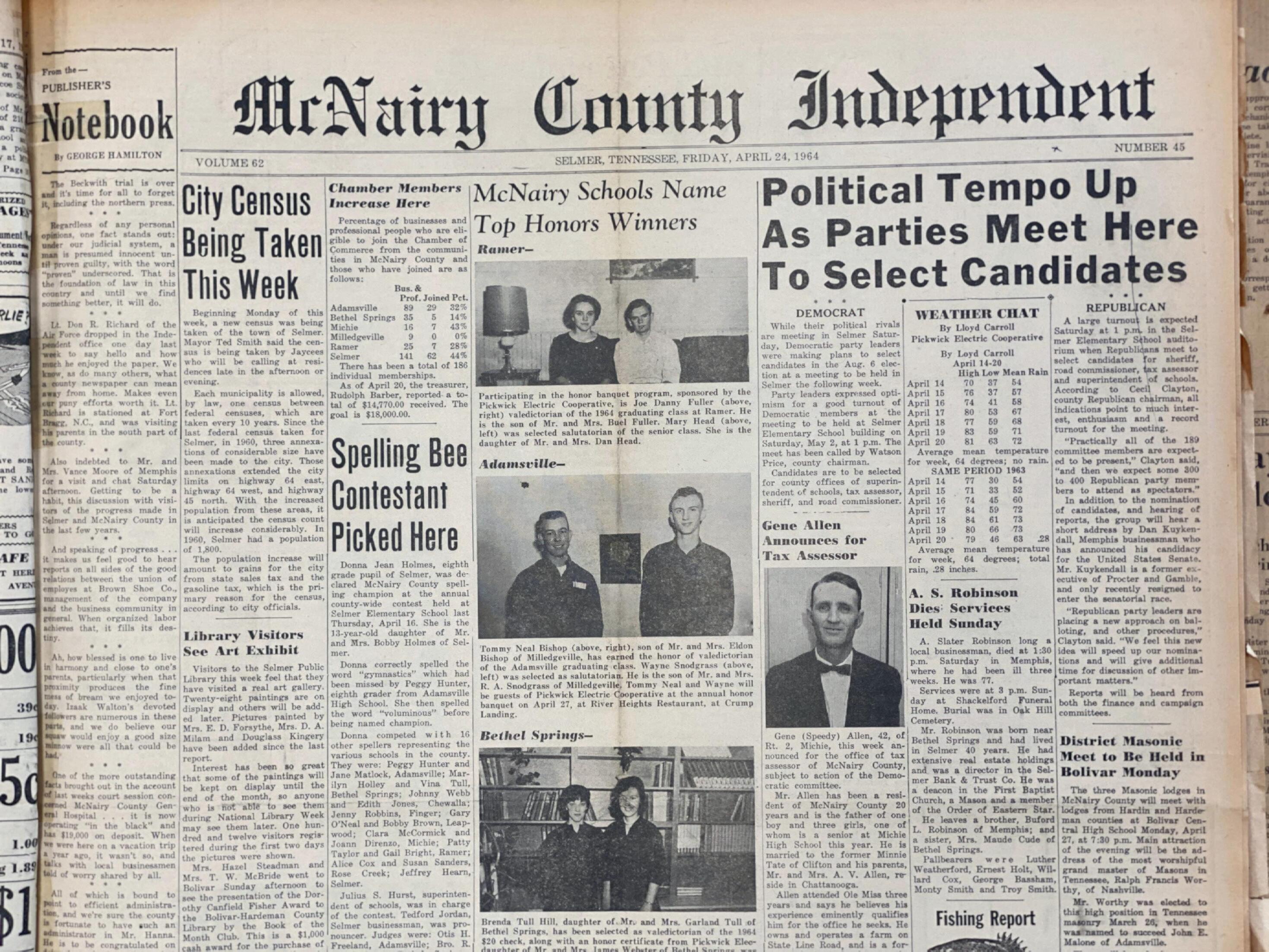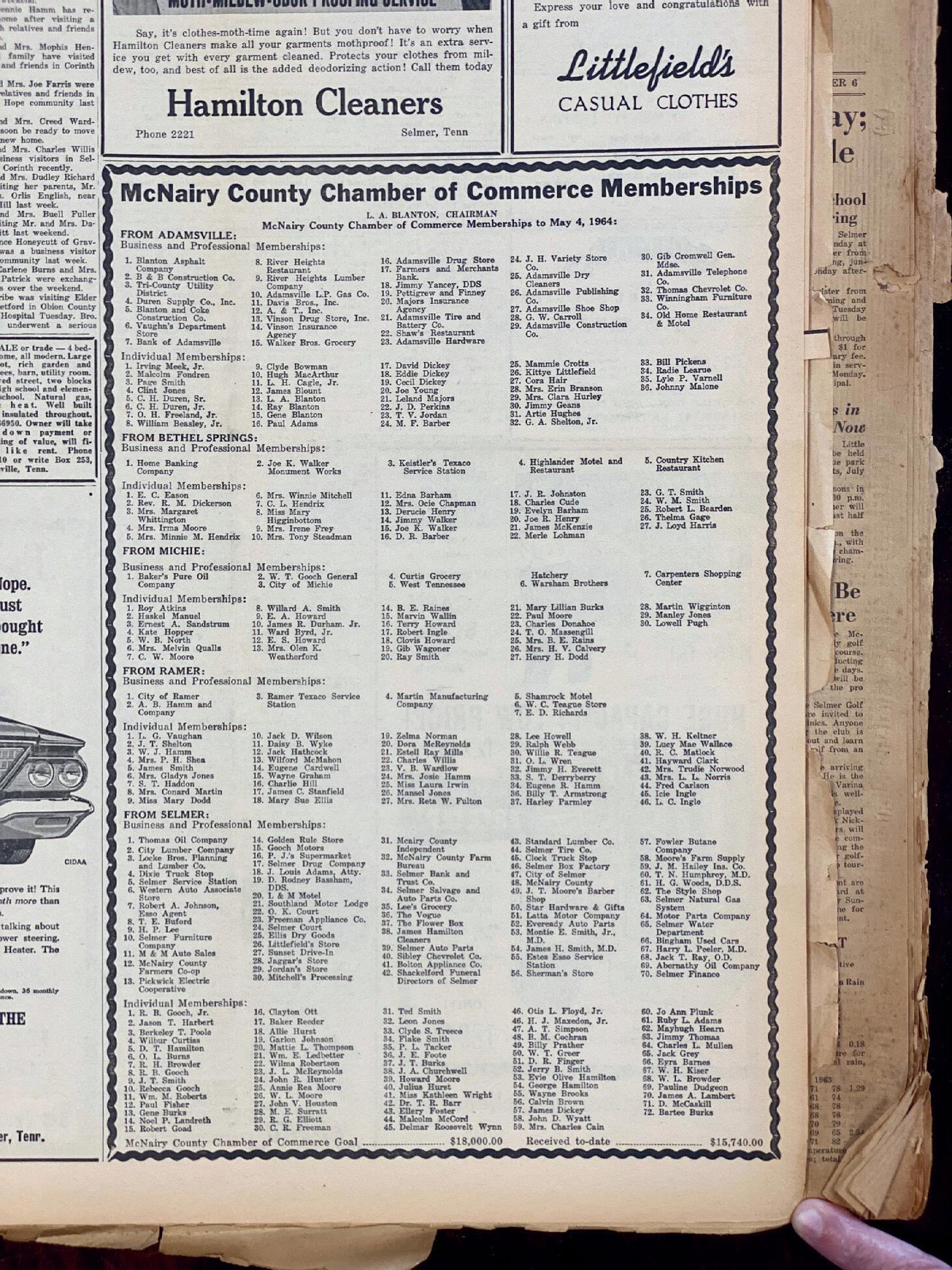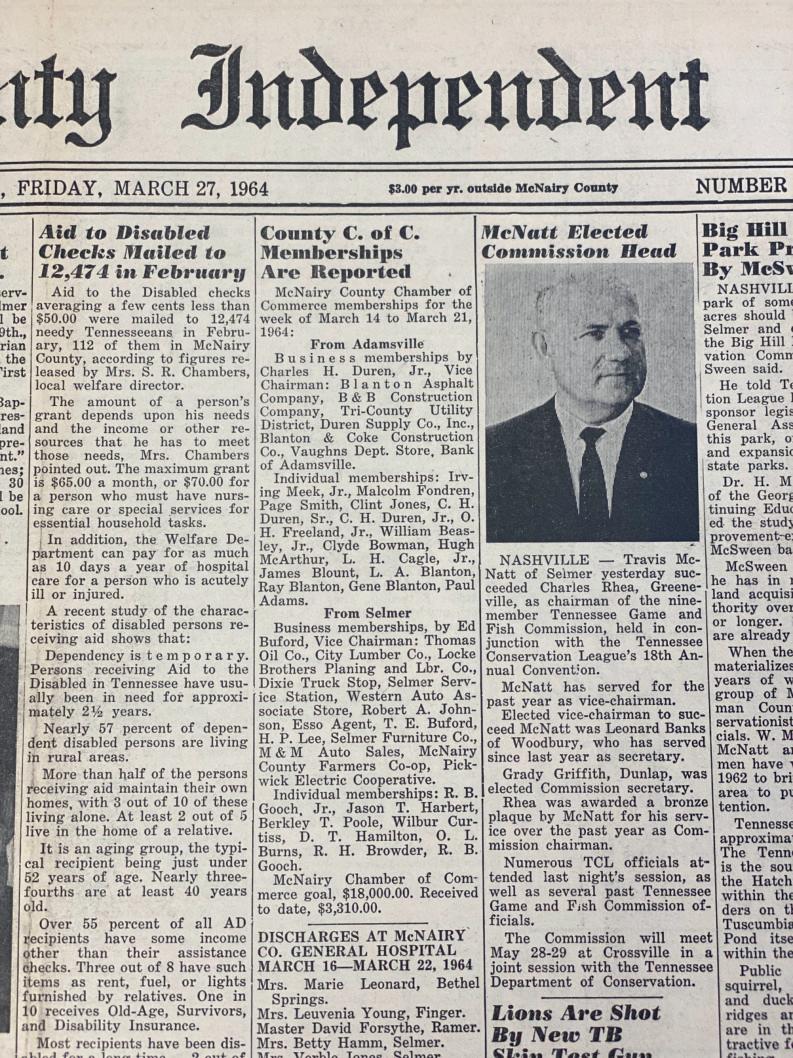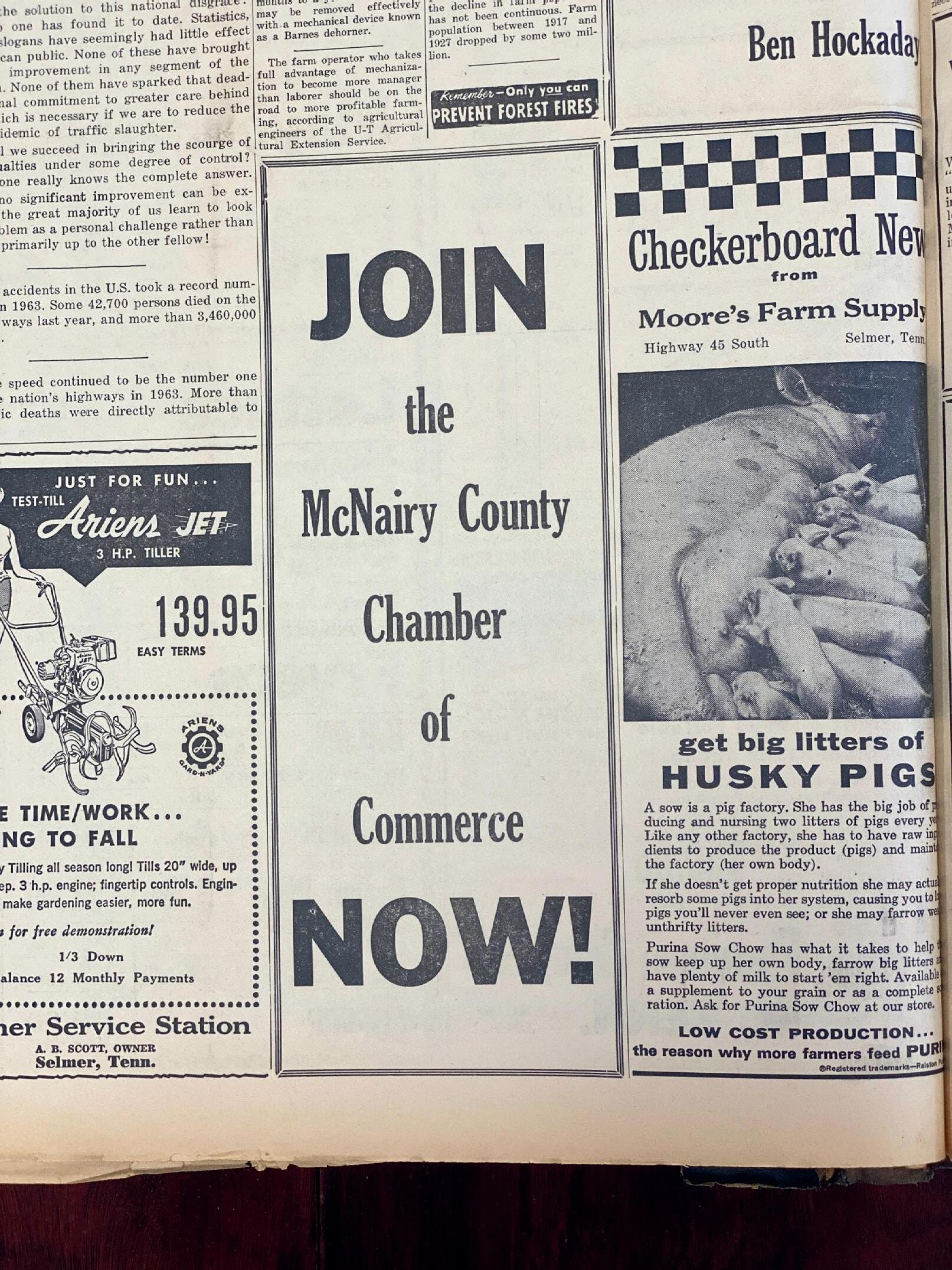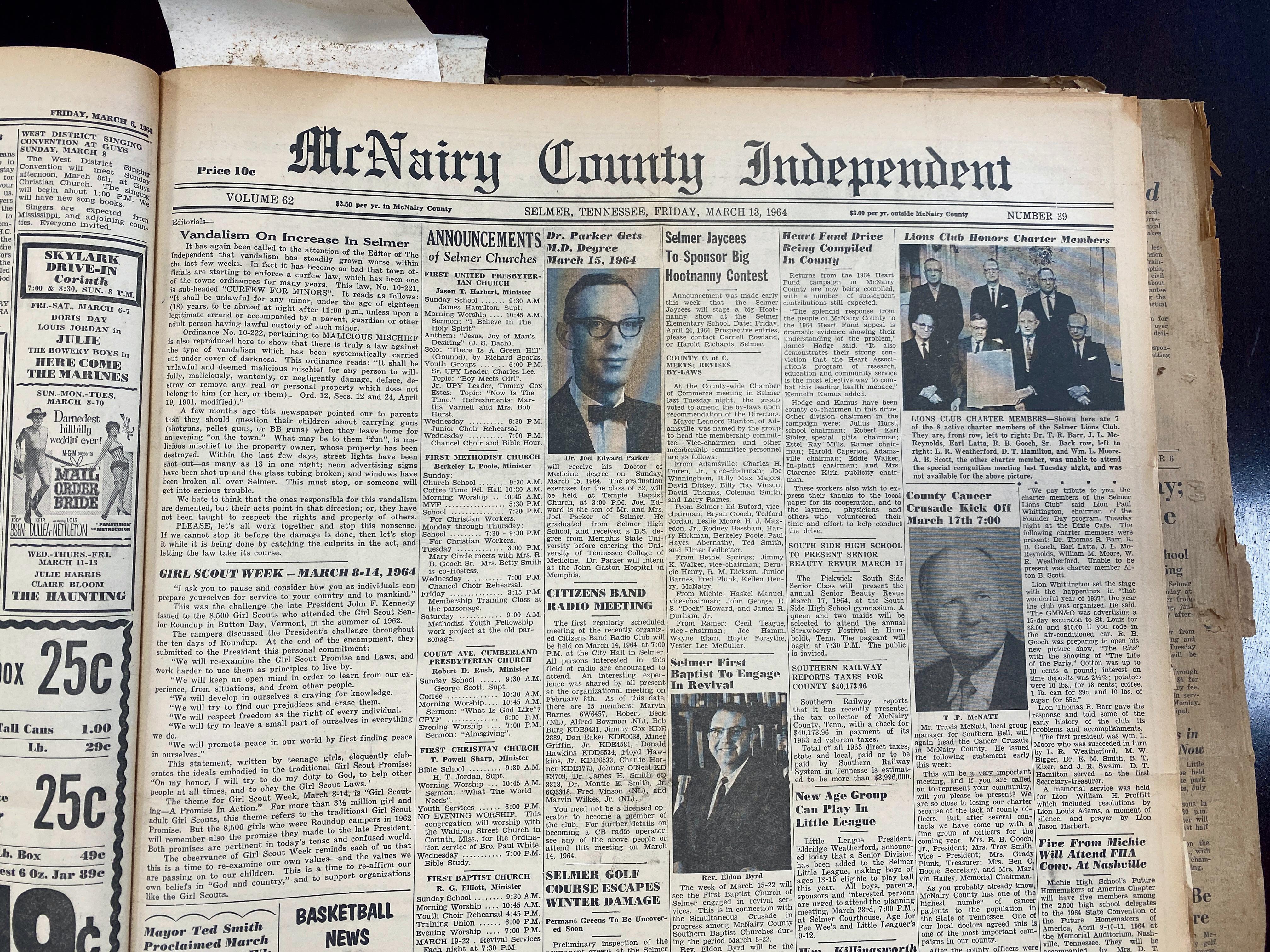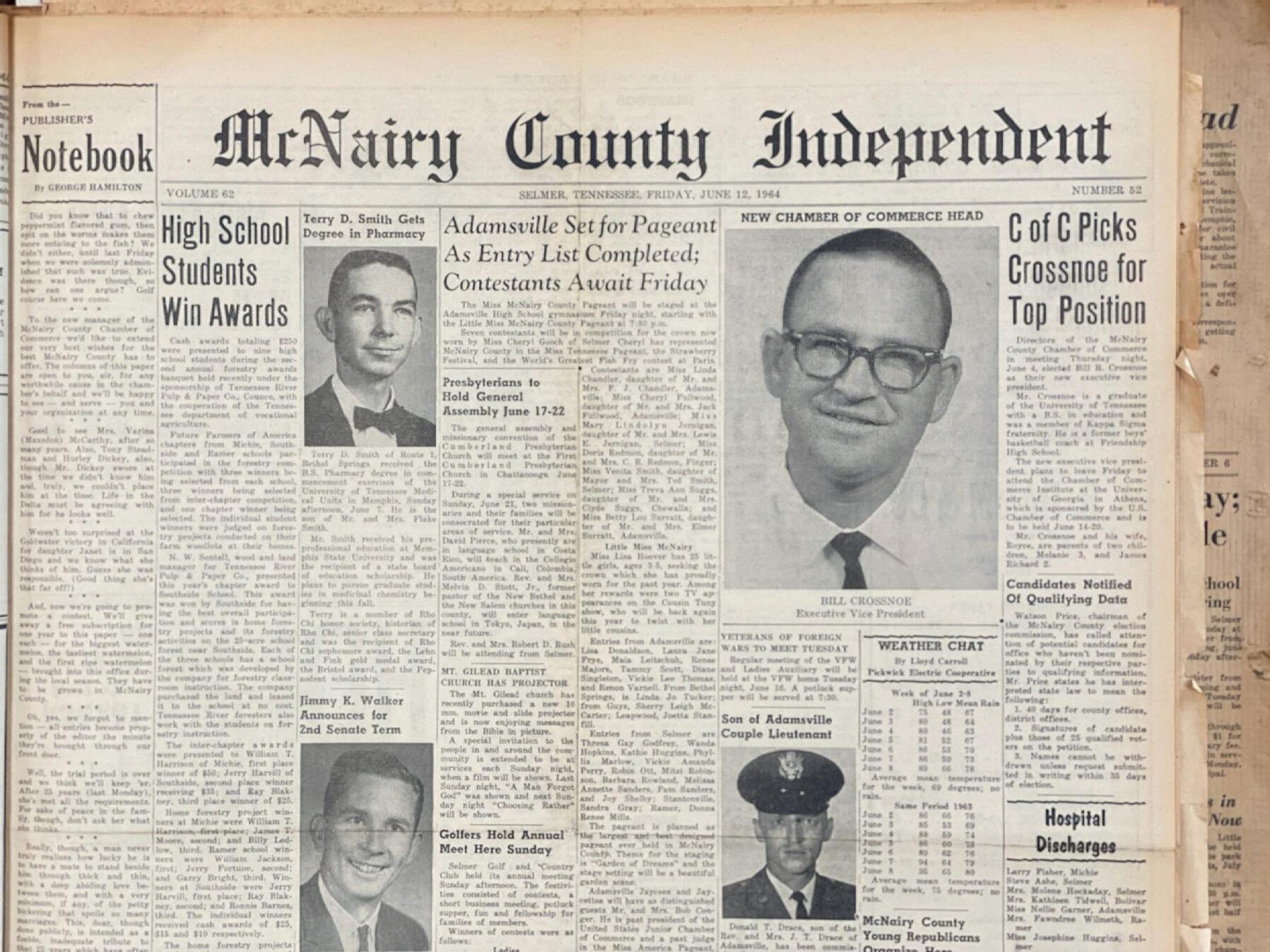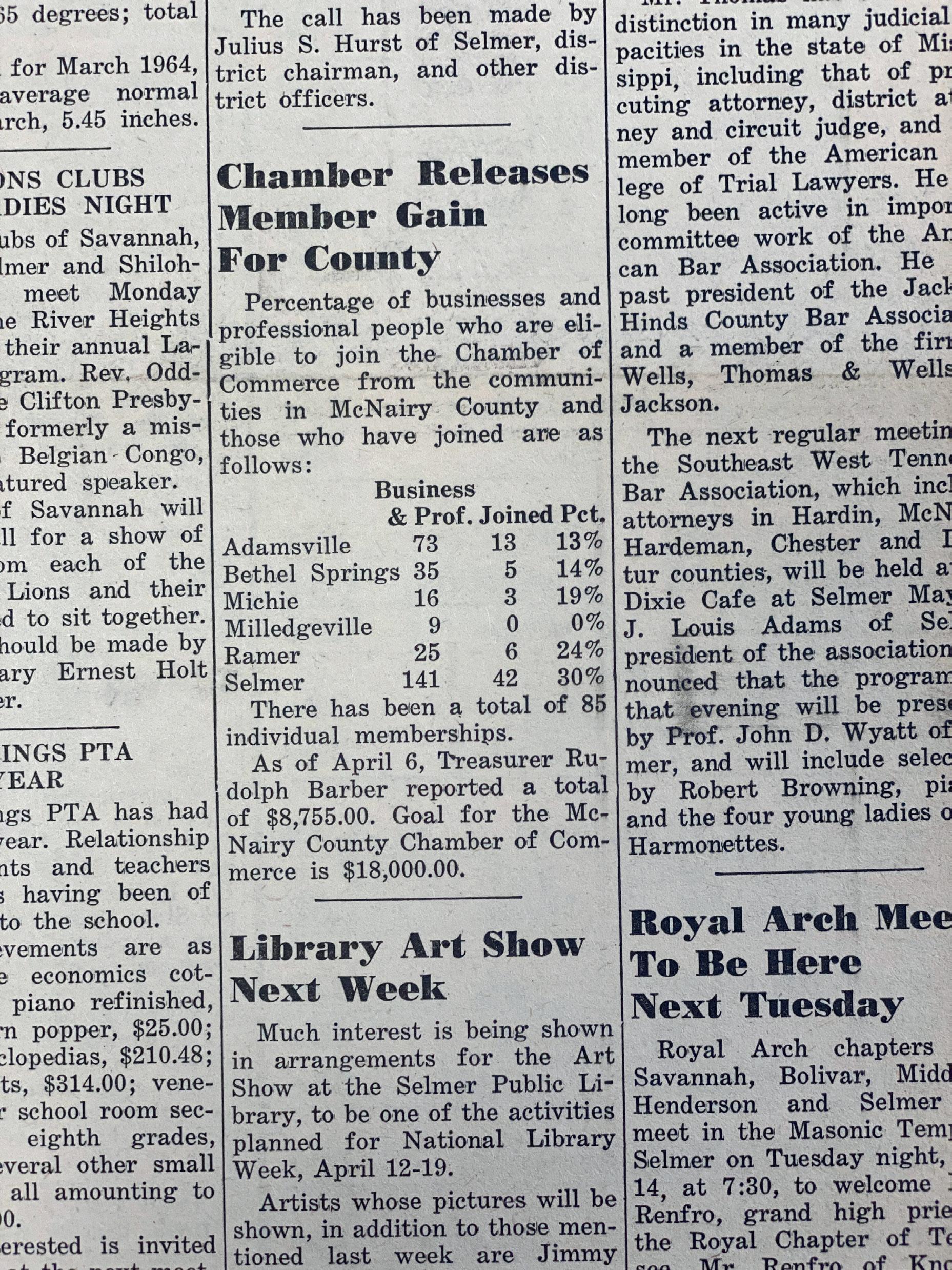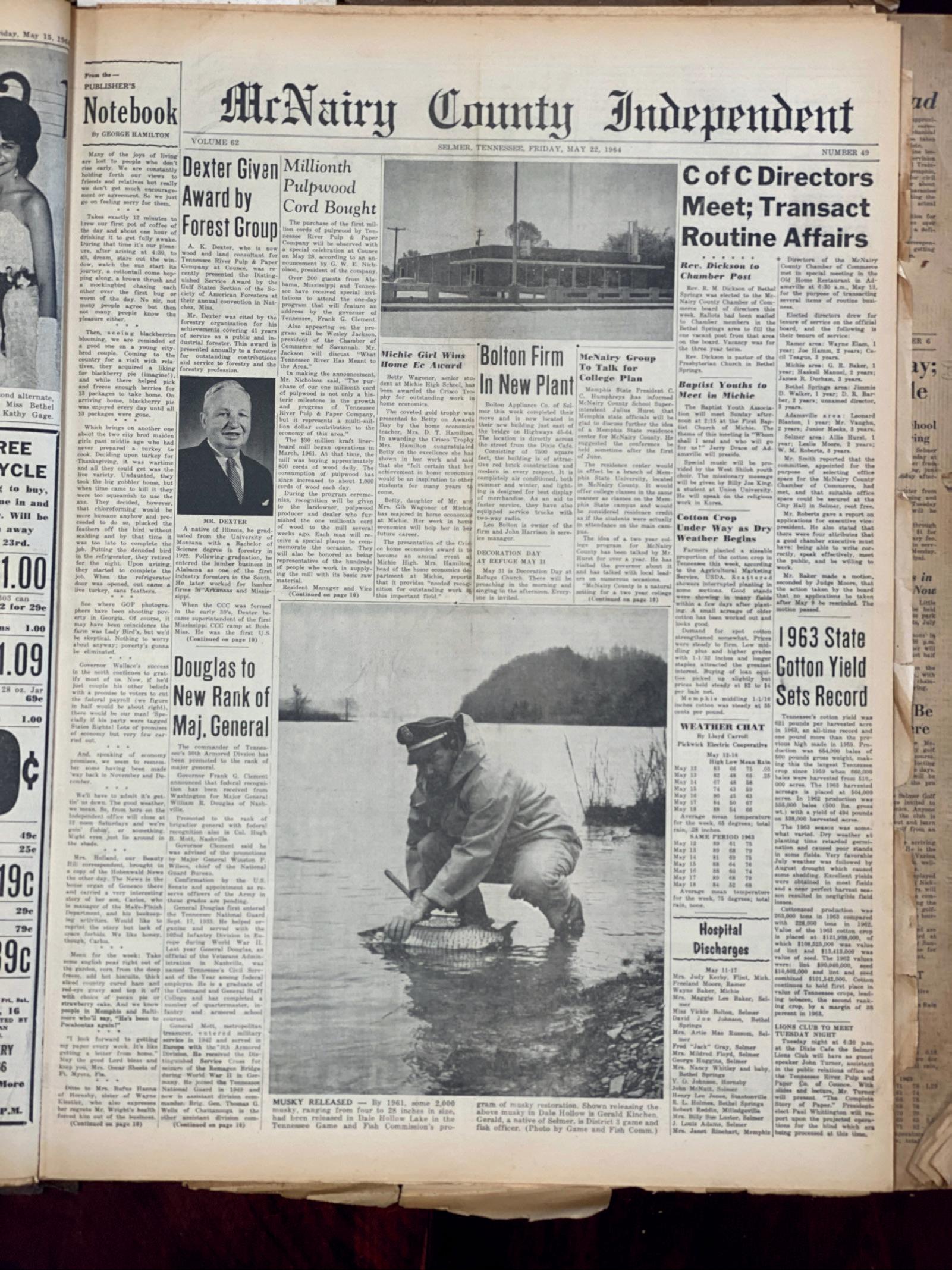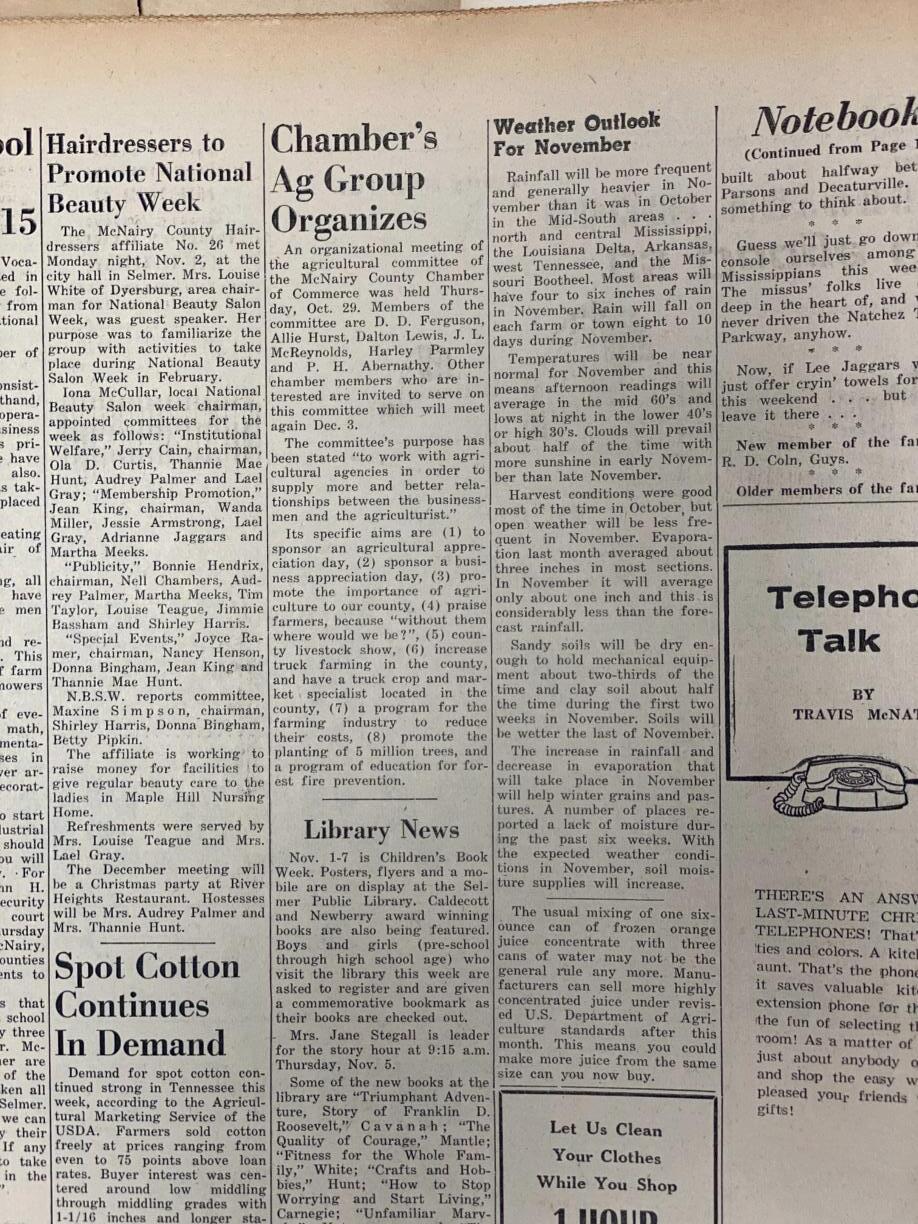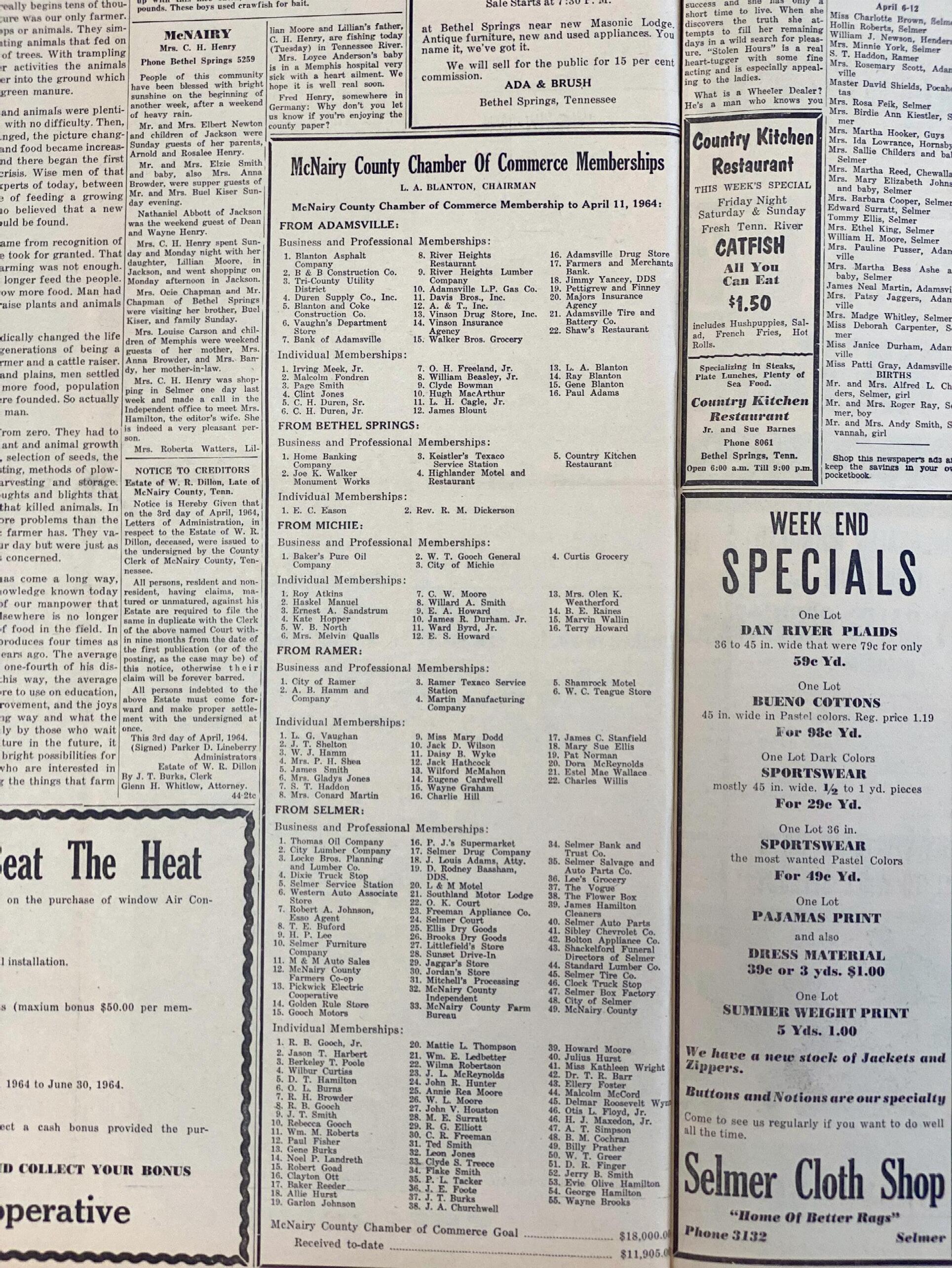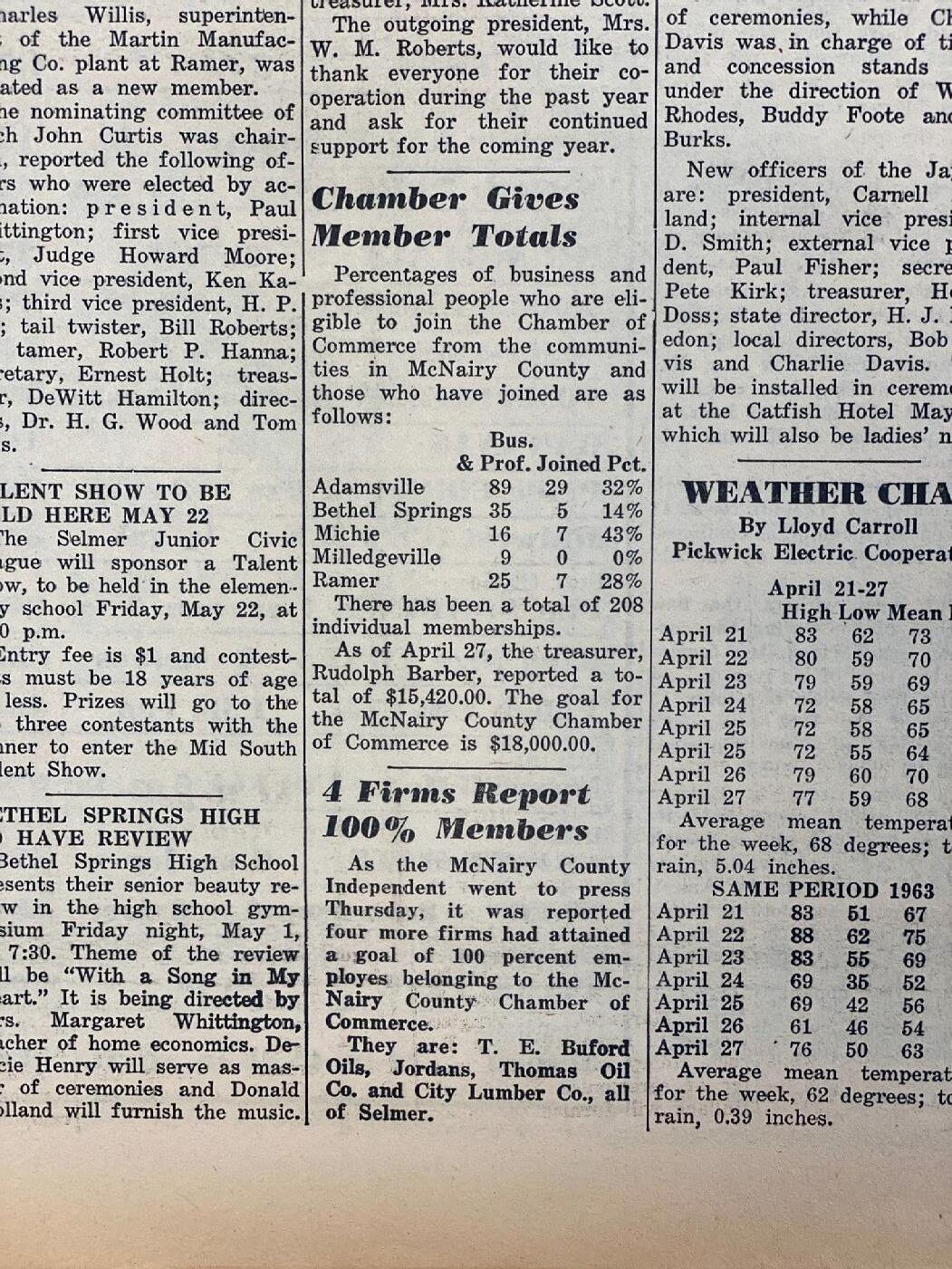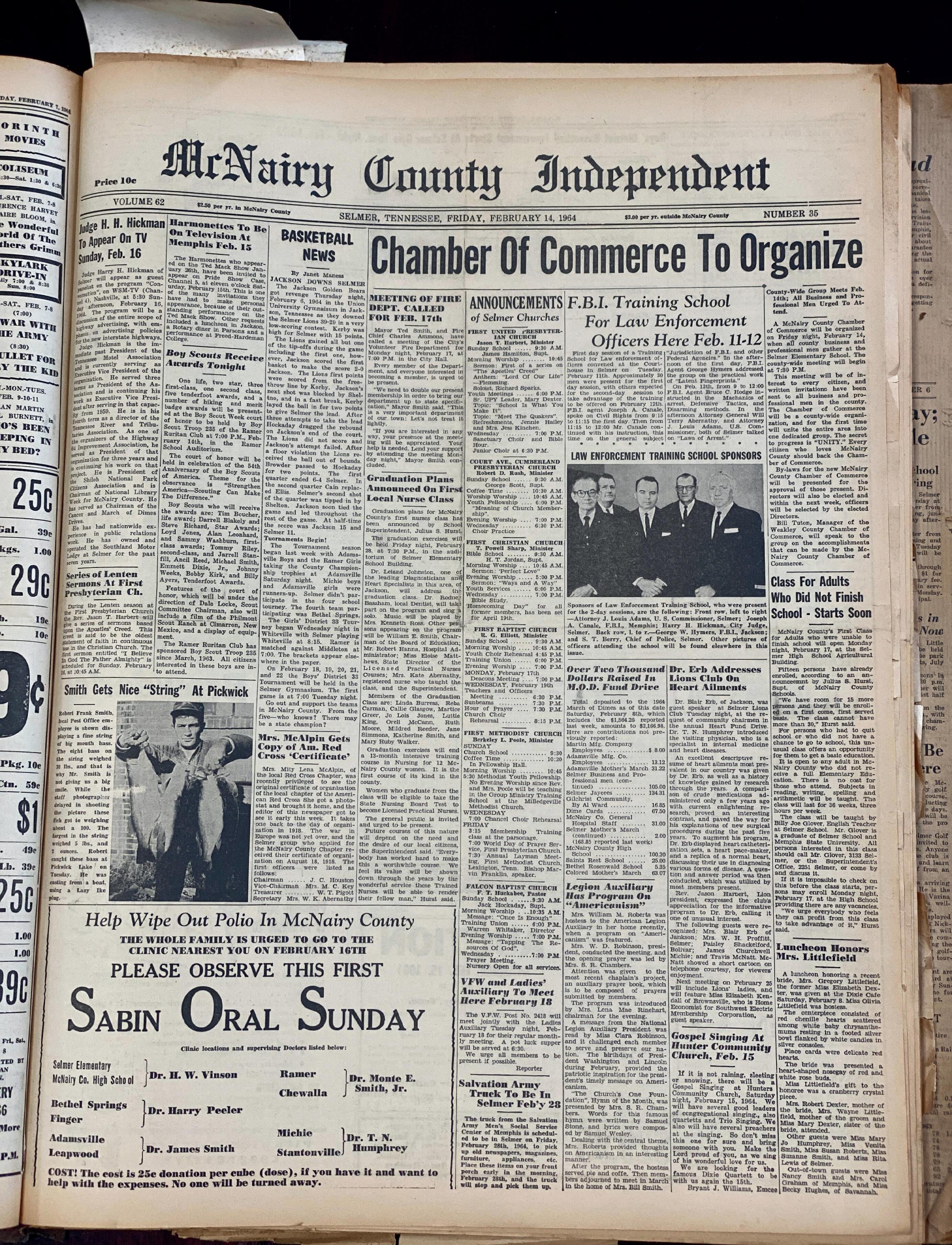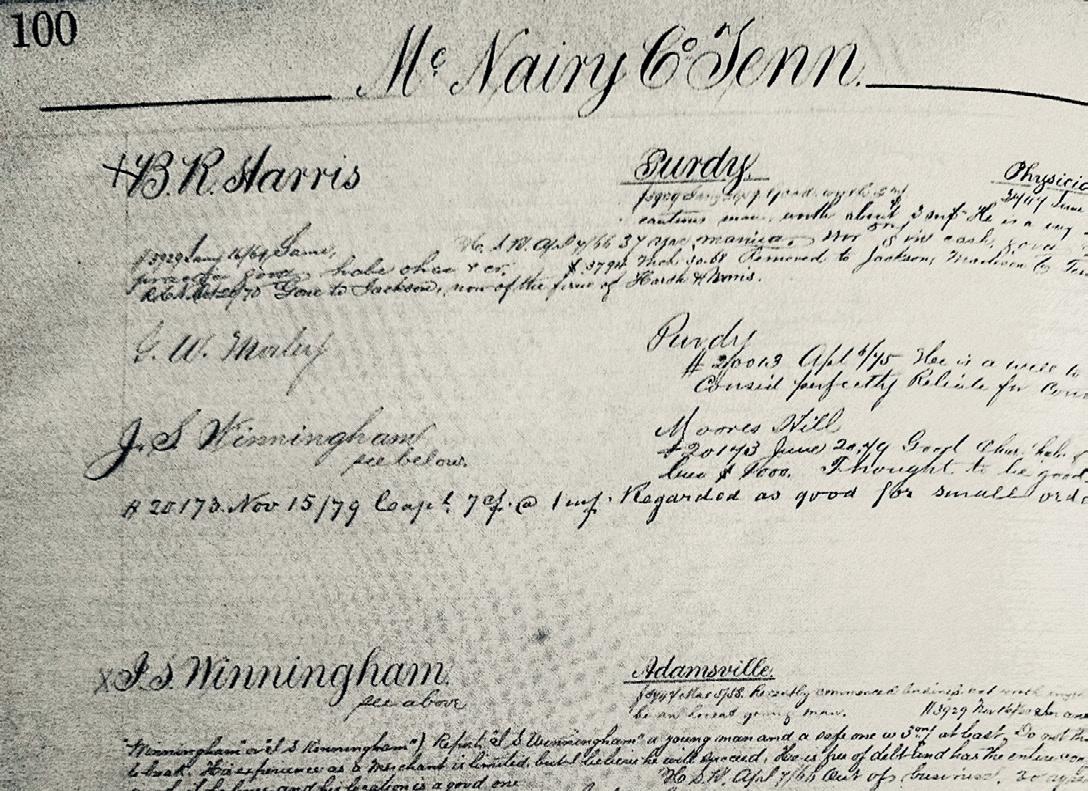
5 minute read
BRIEF SURVEY OF BUSINESS IN MCNAIRY COUNTY
Purdy was founded in 1823, he was one of the first to establish a retail store there and also became a prominent real estate broker. Throughout the 1830s and 1840s many extant records, particularly deeds, can be examined to show that Chambers and others spearheaded an ever-increasing business sector in the county seat of Purdy.
During the 1840s wholesale establishments in the East, as well as in river port towns such as Louisville, Memphis and New Orleans, supplied the inland towns like Purdy with the goods they needed for their own and surrounding populations. Many of the manufactured goods, such as cloth, came from England, through ports like Philadelphia and New York, and increasingly from the developing factories in the industrial towns of New England. These products were then filtered to the retail merchants through the wholesalers in port cities. Retail merchants then sold to local customers. Soon, these third-tier retail merchants needed to be vetted for creditworthiness, and so was born another service—the agents who assured the first-tier wholesalers that they would be paid by the small-town merchants.
Advertisement
In the quest to find whether merchants on the ground in small places like McNairy County were credit-worthy, hired agents visited each business and reported back to the suppliers. One of the most important of these commercial reporting agencies was the R. G. Dun Company, founded in 1841 and headquartered in New York City. (Its main rival was the John H. Bradstreet Company founded in 1849 in Cincinnati, Ohio. In 1933 these companies merged to become the Dun and Bradstreet Company that still exists.) The R. G. Dun Company whose original McNairy reports contain about 50 hand-written ledger pages, give a good look at businesses in the county from the late 1840s to about 1880. The Dun company set up regional offices and hired agents to visit businesses in their region, so usually several reports from various years are available on McNairy County businesses. Likely the agents who visited McNairy County were from Nashville or Memphis. Their reports contain the name of the individual or firm, duration of the business, net worth, source of wealth, and sometimes the reputation of the owners, their partners and successors. This makes these records valuable social as well as financial records, that is so important where a dearth of other sources exist. The only other primary sources besides deeds and censuses are the newspaper advertisements in the very few extant local newspapers before the twentieth century.
Wild Goose, Moore’s Hill, Tinsley, Blackland, and Quisley. By far the most prevalent types of business covered were the General Store (around 70 of them) and Dry Goods and/or Grocery stores (around 70 of these also). Grocery stores almost always sold spiritous liquors, but the Dun listings also show 9 businesses that deal in retail liquors and another 25 saloons as separate entities. Probably those two categories were very similar and just depended on the mood of the agent on the day he wrote his report. Seventeen doctors are named, sometimes with drug stores appended to their practice, but also 17 separate drug stores are listed. There are saddlers (10), blacksmiths (8), millers (7), tanners (2), tinners (1), watchmaker and silversmiths (3), printers and newspapermen (3), hotels (2), tailors (1), shoemakers (1), confectioners (3), milliners and notions (2) and fancy groceries (1). Also, two peddlers and one sewing machine salesman are listed. Some things can be derived since the practices of the time are known. For example, most men, women and children’s clothes were made at home, so no need for more than one tailor. Likely, more than one person made shoes from cowhide leather provided by the customer, so no need to obtain many supplies from wholesalers that would have put them in the crosshairs of the Dun agents. The Dun agent reports are most enlightening when they write their personal assessments of the person or business such as “upright and prudent,” or “good for small amounts [of credit], or “lazy and drunk when he has enough money to spare.”
The Civil War upended every segment of society in McNairy County including the business sector. It effectively destroyed many towns and villages and their businesses. The Dun Company did not report anywhere in America during the first two years of the Civil War and did not resume reporting in McNairy County until 1866. At that time Purdy businesses began to recover, usually with a new set of owners. Hamlets such as Monterey, in the direct path of the armies between Shiloh and Corinth, was almost completely obliterated, and its populace by the early 1870s had gone elsewhere. The Monterey Sanders brothers went to Corinth to begin new mercantile establishments, as did some of the Moore family from that area near the state line.
Dun reports from McNairy County include larger towns Purdy and Adamsville, but also smaller towns and villages such as Bethel, Ramer, Monterey (later Michie), Montezuma, Falcon, Rose Creek, Milledgeville, Chewalla, Mud Creek, Big Hill, McNairy Station, Stantonville, Gravel Hill, Pebble Hill, A portion of a page from the R. G. Dun & Co. ledger.
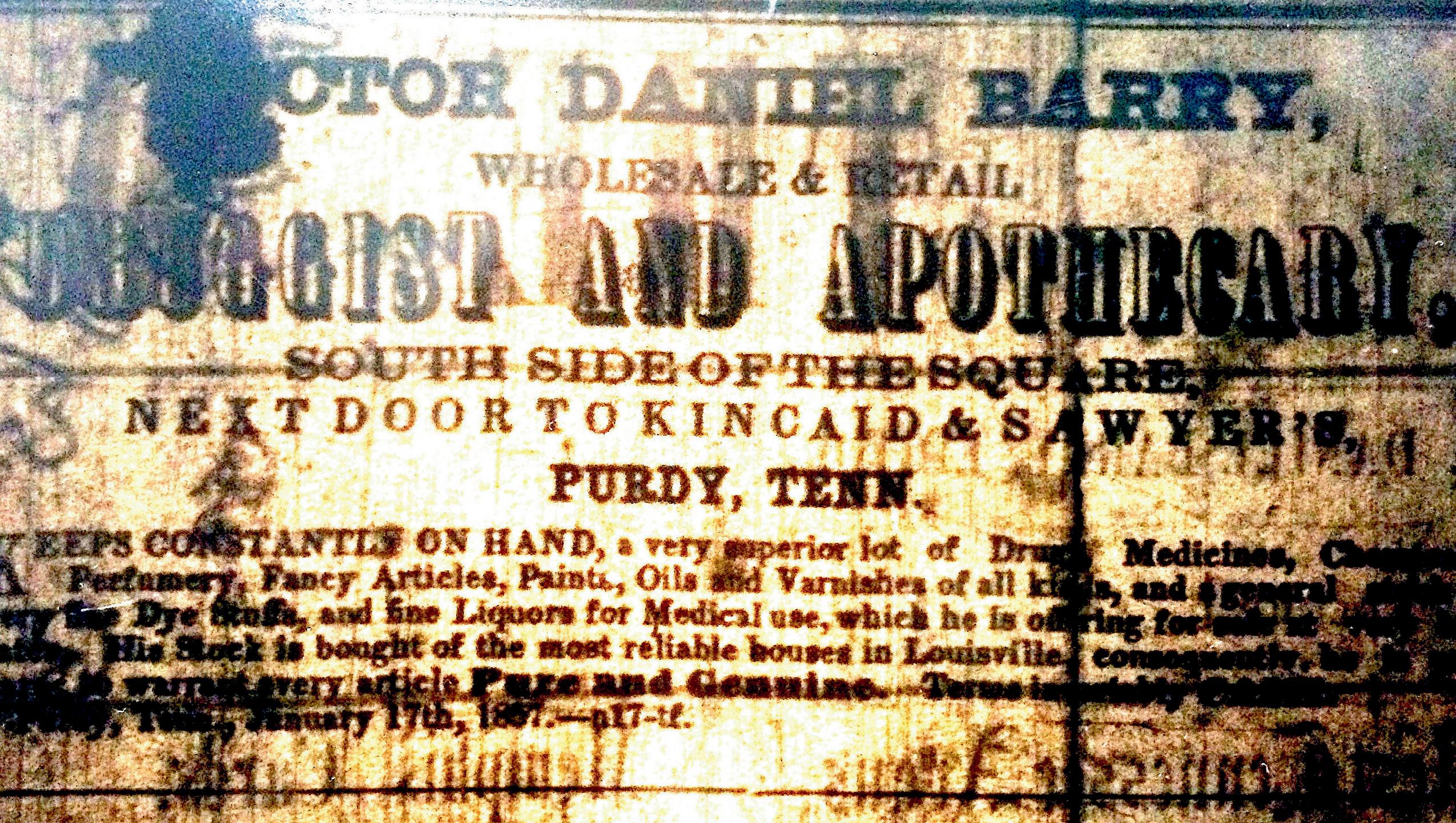
Purdy, though many of its businesses recovered, faced a new problem. Its population included many younger businessmen who knew the extra time and expense it took to get goods from the railroad at Bethel, or the river landing at Crump. They began a campaign to establish a new county seat somewhere on the railroad. Because many of the traditionalists who had originally kept the railroad out of Purdy still lived and fought this proposition for many years, the inevitable only came to pass in 1891 when the new town of Selmer replaced Purdy as the county seat. Despite the financial downturns of the 1890s, Selmer more or less flourished and several homes and business buildings were transported from Purdy and re-erected in Selmer. Purdy with its large oval street and its decaying mansions ceased to be commercially alive.
The financial downturns after the Civil War, especially in the 1870s and the 1890s severely hurt McNairy farmers who were major purchasers of the products of the county’s retail businesses. Prices for their farm products stayed low while high tariffs on shipping, fertilizer, etc. rose continuously. In the 1880s they began to form farmer’s clubs and by the 1890s joined the national Farmers Alliance group. The clubs in McNairy County were mainly centered in smaller towns and rural areas, though county-wide meetings were sometimes held in Selmer. One such local group met in the Donnell Springs school building between Acton and Michie. Other chapters met at such places as Price’s Chapel, Haley School House, Beauty Hill, Rocky Knob, Wolf Pen and Pleasant Hill near Adamsville to discuss farmer’s business concerns.
In McNairy County the 19th century started on the frontier and ended with a burgeoning number of successful towns and villages, with Selmer at the epicenter. For example, Monterey, now called Michie, was rebuilt with a new large general store on the ridge where the original town had been. Even towns as small as Acton got a doctor and a post office and a flour milling business in the early years of the twentieth century. The depression of the 1930s silenced the entrepreneurial spirit that was not revived until the beginning of the sunbelt era after World War II. McNairy County joined in the progressive good feelings of modernity during the 1950s and certainly by the 1960s when our Chamber of Commerce came into being.


